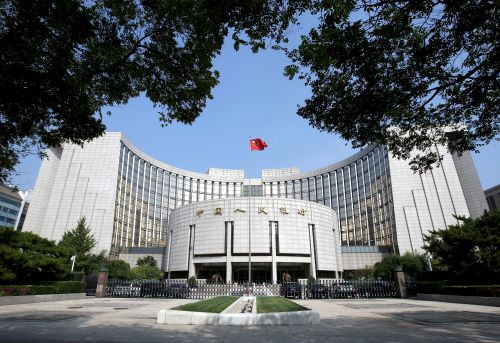The Chinese yuan was reported to be performing at its strongest in the last four months. After China's central bank imposed less strict policies, the currency performed better and reflected stronger gains a day before the imposition.
The People's Bank of China (PBOC) has set the midpoint rate of the Chinese yuan at 6.9801 per dollar before the stock market opens after Christmas day. It yielded 266 pips or a solid 0.38 percent compared to its initial value of 7.0067. The report indicated that the present yield of the currency is its strongest this year.
The report added that it's the biggest daily uptick in percentage compared to last month's value. The Chinese yuan was stronger against the dollar after the holiday-thinned trading last Wednesday. It was also claimed that its value has been rising past the key seven-per-dollar level. This resulted to end domestic trade at its strongest since the first month of the last quarter this year. It was also said that the rise is supported by the year-end corporate dollar selling.
According to the PBOC's official website, "Rising fiscal expenditure near the end of the year keeps the banking system liquidity at a high level." The announcement was made after the entity waived the reverse repos last Thursday.
Moreover, it was declared that the reverse repos were valued at 30 billion yuan or about 4.3 billion US dollars last Thursday. It was also declared that the rate yielded a net withdrawal of 30 billion yuan from the market.
The website explained that the reverse repo is a process wherein the central bank of China would purchase securities from its commercial banks. The purchase would be through public bidding with a promise to sell the same purchases back in the market at a future time.
The report claimed that China would continue to implement its proactive fiscal policy modifications and likewise impose better monetary policies to aid its financial sector. The said promise of the PBOC was announced during the Central Economic Work Conference held earlier this month.
It was further discussed that China's modifications to its fiscal policies are the country's way of alleviating its economic problems. The report claimed that China pushes for more policy modifications on its effort to create structural adjustments to its financial markets. It was also highlighted that better and more accommodating fiscal policies imposed upon foreign investments would enable China to transition into a moderately flexible economy. It was also revealed that the imposition would maintain the country's liquidity at a reasonable level.




